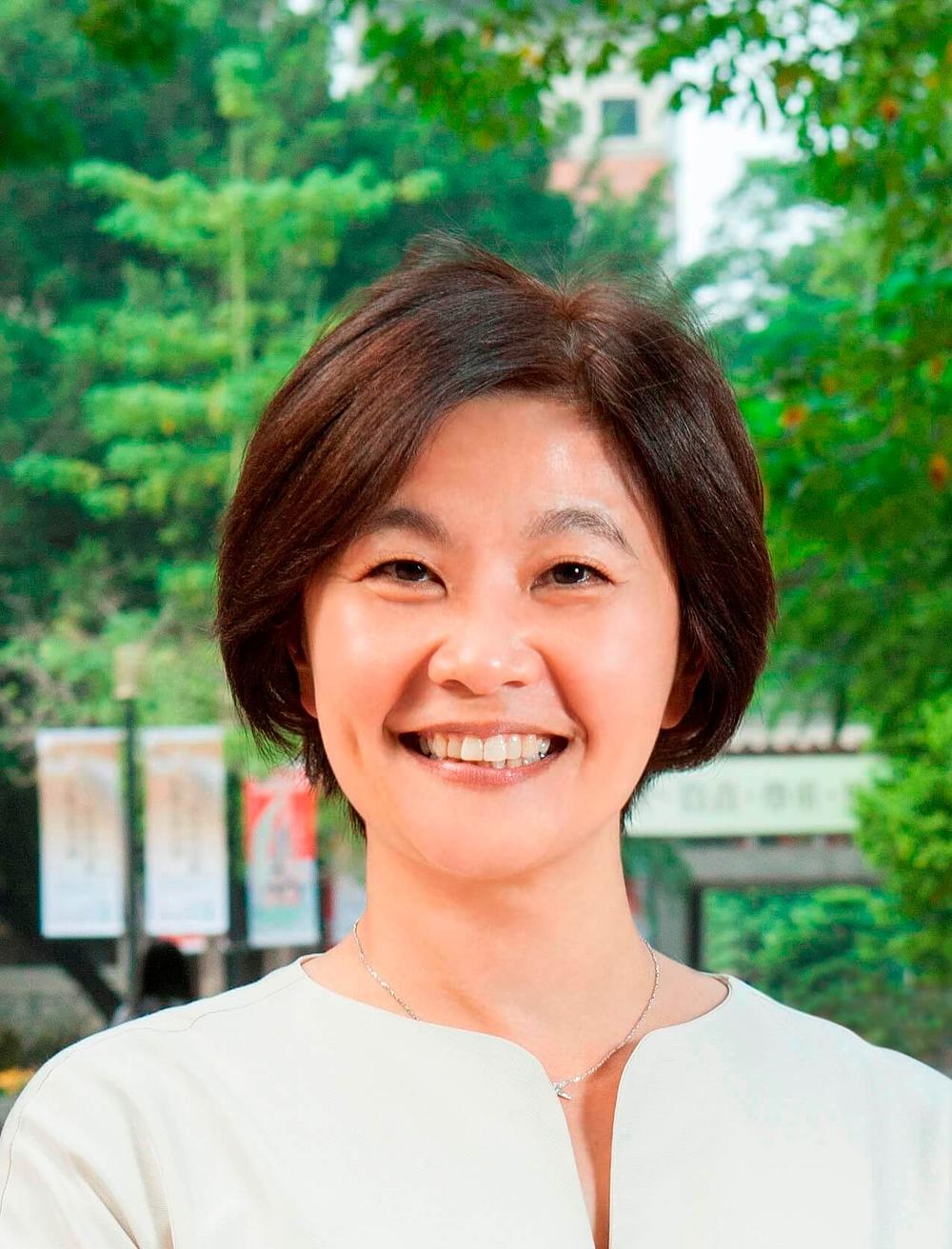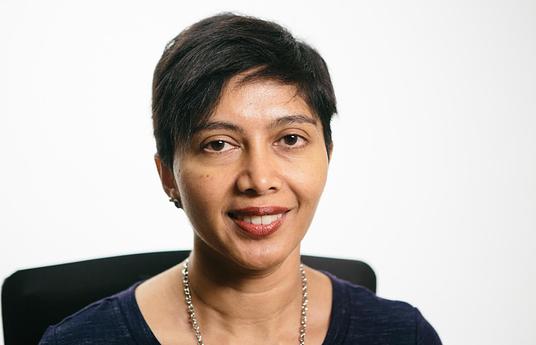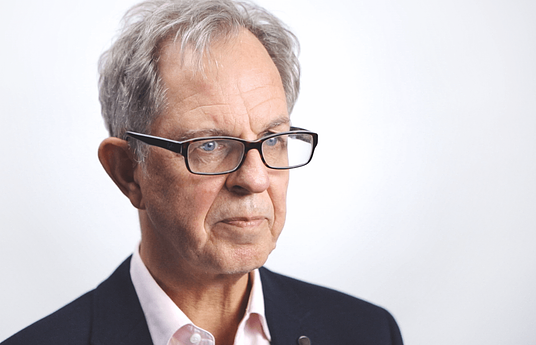Lucia Lin
Lucia Lin is the Political Deputy Minister of Education for Taiwan (ROC). Her areas of research interest are Educational Leadership, Human Resource Management in Education, Instructional Design and Teacher Education.
Taiwan has recently announced a new curriculum which will introduce more creativity into schools.
Skills
What are the skills that need to be taught in schools?
In meeting the needs of 21st century, the new curriculum in Taiwan has guidelines which refer to the documents of the UNESCO, OECD, EC organizations, as well as domestic studies on Taiwan education. The guidelines propose 'key competence' as a fundamental principle for curriculum development and instruction design.
Key competence denotes a set of knowledge, capabilities and attitudes that individuals must have in present life and to face future challenges. Key competence stresses that learning should not be limited by subject-specific knowledge and skills; rather learning should be integrated into life, and should foster a whole-person development through experiential practice.
Key competence consists of three major aspects: autonomous action, communication and interaction, and social participation. Each of these aspects has three respective sub-categories, totaling nine sub-categories: 'Physical and Mental Wellness, Self-Advancement,' 'Logical Thinking and Problem Solving,' 'Planning, Execution, Innovation, and Adaptation,' “Semiotics and Expression” “Information & Technology Literacy and Media Literacy” “Artistic 'Appreciation and Aesthetic Literacy,' 'Moral Praxis and Citizenship,' 'Interpersonal Relationships and Teamwork' and 'Cultural and Global Understanding.'
These are what we believe to be the competences essential for learners living in the 21st century, and in becoming lifelong learners.
Teachers
What are the key challenges for teachers in Taiwan?
Taiwan has high quality teachers who are willing to participate innovately in both curriculum and instruction. Yet, Taiwan has faced quite a few challenges, such as:
According to the results of recent international rankings on education (such as TIMSS in 2011, PISA in 2009 and 2012), Taiwan students received a relatively higher world ranking in math and science achievements, but a much lower ranking in self-confidence and interest in learning.
The key challenge to address here is drawing teachers’ attention to student learning so as to enable students to have a willingness and drive to learn, to equip students with learning strategies and approaches, and to provide students with opportunities to explore.
Taiwan teachers currently still primarily teach in a subject-specific manner, and mainly by lecturing. In meeting trends of cross-curricula teaching we need to encourage teamwork as well as theme-based and project-based instruction.
Environments
What do you feel the most exciting and effective learning environment would be?
Society is constantly changing every day, and the development in IT has had a huge impact on the nature of instruction and learning.
Still, I think the most precious and effective learning environment is one that enables and promotes a true, warm, and in-depth interaction between people, culture, and environment, so as to empower each individual to perceive both the sense and enjoyment of learning.
Leadership
Taiwan has recently announced a new, more creative and student-based curriculum to be phased into schools from 2018 onwards. Why has this curriculum been created and what are the goals of Taiwan in implementing it?
From a perspective of policy, Taiwan has implemented a Twelve-Year Basic Education since August 2014. We need new curriculum guidelines to promote an overall development in learning progression and cross-area learning from First Grade to Twelfth Grade.
From a perspective of development, there are rapid changes taking place in society and in the world. Taiwan faces quite a few social phenomena, such as a decrease in newborns, fast development in internet and information and technology, burgeoning openings of new jobs, a higher vigor in participation of social democracy events, a higher emphasis on sustainable development in ecology. Thus, the guidelines must include a timely update to catch up with the trends of this new era.
From a perspective of school dynamics, lots of schools and teachers in Taiwan are involved in varying innovative educational actions, such as signature pedagogy, learning-community, and the flipped classroom approach. To encourage an ongoing advancement in the above-mentioned energetic and positive practices of teachers and schools, the new guidelines must provide a wider space and a friendlier context for schooling.
To enhance children’s learning motivation, adaptive development, and lifelong learning ability, the new guidelines propose a curriculum vision: 'Empowering Each Child: Nurturing Individual Potential and Facilitating Lifelong Learning.' This vision hopes to stimulate joy and self-confidence in the learner’s life, to promote the learner’s willingness to learn and courage to innovate, to empower the learner’s citizenship and to show collected wisdom in cooperation of life, which enables achievement in well-being at both personal and collective levels.
The next 100 years
The next hundred years of Finnish education should… be able to have its root in Finland, and to be in full blossom worldwide.
Finland has a clear direction for curriculum development, it also serves as a role model for global education reforms. In Finland, each child has an equal opportunity for receiving education most appropriate to their needs. Also, they are well-supported by high-quality teachers, and thus achieve a high performance in PISA and TIMSS assessments. We have noticed that Finland stresses education reforms in cross-area and experiential curricula. Likewise, Taiwan is heading in this direction of reform.
Finland has a good foundation and continues advancing. We believe the next hundred years of Finnish education will continue exercising great influence on world education.


